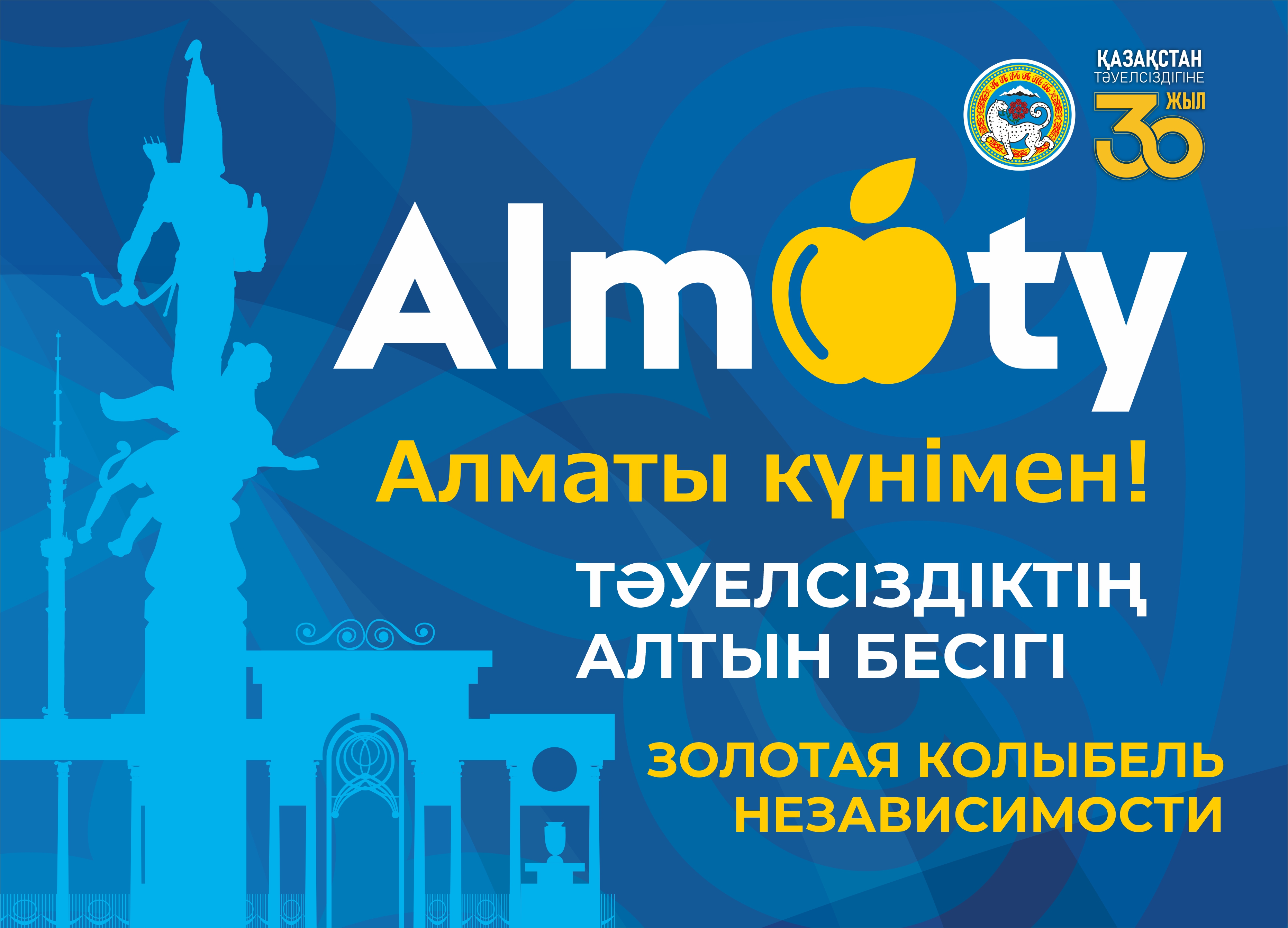5 february 2021: Almaty Akimat presented two AI-based healthcare projects at Digital Almaty-2021 Forum
New challenges and digital initiatives that emerged during the pandemic became the agenda of Digital Almaty-2021 international forum. Almaty City Department of Digitalization deployed 15 projects in 2020, to counteract coronavirus infection, two of them were presented at the forum on 5 February 2021. The presented projects are bridged by usage of artificial intelligence (AI) in a medical practice of complex subject-area specializations, such as early diagnosis of cancer and ischemic stroke.
Forus Data focuses on creating PACS, a centralized medical archive of radiological images. Almaty city was the first to support this initiative, and today the system operates in 64 hospitals in different cities of Kazakhstan - Nur-Sultan, Taldykorgan, Taraz, Kokshetau, Ust-Kamenogorsk, Atyrau, Pavlodar. Due to built-in artificial intelligence, a doctor is able to prioritize images of patients who need urgent medical assessment and subsequent treatment.
Images where AI has detected serious pathologies are automatically assigned the highest red priority. Then PACS system orders images with small pathologies and without pathologies.
AI-processed images are saved together with originals. AI processing results in a heat map of the found pathologies and a list of symptoms. The service is able to identify 14 most common symptoms of lung diseases, including pneumonia, tuberculosis, and seals (oncology). Results are processed and saved automatically, without a doctor’s interference.
Prioritization with AI assistance allows doctors to diagnose patients with pathologies on the same day as X-ray image was taken. Without the service, patients waited from 3 to 14 days to get their result. Currently, PACS processes about 300 X-ray images per day, with a diagnostic accuracy of 84%.
Almaty AI-Lab uses artificial intelligence in CEREBRA project for early recognition of ischemic stroke. A therapeutic window for medical treatment of ischemic stroke is 4.5 hours, during which a doctor needs to correctly diagnose he case and choose a treatment. If determination of a degree of brain damage is performed within the therapeutic window, a patient can become a subject of immediate treatment that prevents brain death. Due to the specifics of the human eye, determination of differences in gray tones of computer tomography scans cannot be seen and the stage of stroke development may not be identified. Artificial intelligence can do the determination in 10 minutes.
It is worth to emphasize that AI algorithms for recognizing ischemic stroke are considered one of most complex, and there are not many companies in the world that have achieved a high level of recognition.
As noted by Chief Doctor of 7th Almaty city clinical hospital Manas Ramazanov: "A doctor of a rural hospital may not have sufficient expertise or experience to determine cancer or ischemic stroke at its early stage. Digital technologies will help him to correctly diagnose the case and make a decision on urgent referral of the patient to a specialized medical institution. Therefore, it is really important to scale projects with usage of artificial intelligence throughout Kazakhstan in order to provide assistance of subject-area qualified specialists to all patients, regardless of their place of residence».


